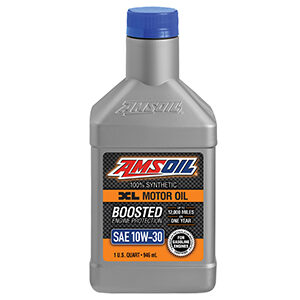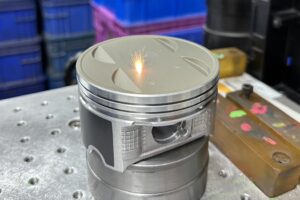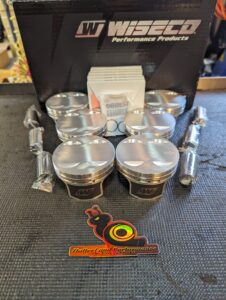Exploring the Benefits of 2618 vs. 4032 Piston Forging for Your Honda/Acura J-Series Engine
November 2nd, 2023 Posted by hondajseries 1000HP Jseries engine, Forced Induction J-series, Forged Jseries internals, Honda Acura Jseries Pistons, Honda J Series Engine, Honda J series Motor, Honda J-Series engine, Honda J-Series Performance Parts, Honda J30 performance, Honda J32 Performance, Honda J35 Perfromance, Honda J37 Performance, How to build your Jseries engine, J series, J series Performance parts, J-series, J-Series Piston Material, J30, J32, J35, J37, Jseries, Super Charged J-Series, Turbo Accord, Turbo J Series, Turbo MDX, Turbo RL, Turbo TL, Wiseco j series forged pistons, Wiseco J-series pistons, Wiseco JSeries forged pistons 0 thoughts on “Exploring the Benefits of 2618 vs. 4032 Piston Forging for Your Honda/Acura J-Series Engine”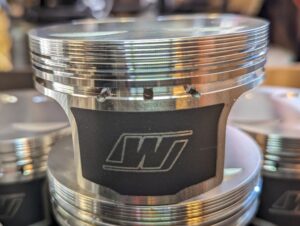
Wiseco J-Series Forged 2618 Pistons. Click “Shop”
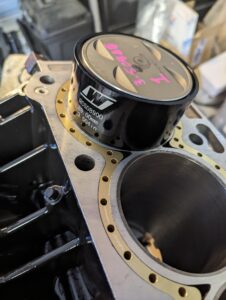
HLP 2618 Hyper Piston going into a customers 600whp J35a7 Build
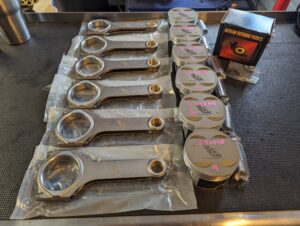
HLP’s 800hp Hyper Pistons, 1300hp H-Beam Rods + Thick Horned Wrist Pins and Ultra Ductile Piston Rings
Exploring the Benefits of 2618 vs. 4032 Piston Forging for Your Honda J-Series Engine
Introduction:
When it comes to enhancing the performance of your Honda J-Series engine, selecting the right piston forging material is crucial. At HalferLand Performance, we have a strong preference for 2618 aluminum alloy pistons, and we offer these as part of our HLP Hypereutectic pistons and the newly released Wiseco 2618 Forged pistons, available on our online store. In this article, we’ll delve deeper into the differences between 2618 and 4032 piston forging, highlighting why 2618 is our top choice.
Understanding Piston Forging Alloys:
Pistons are integral components in your engine’s combustion process, and their casting or forging material plays a pivotal role in their performance and durability. Two common alloys used for piston forging are 2618 and 4032 aluminum.
Benefits of 2618 Aluminum Alloys:
- **Conformality **: 2618 aluminum is known for its exceptional strength and durability, making it an ideal choice for high-performance engines. Its ability to withstand the rigors of increased horsepower, torque and compression loads is one of the reasons we prefer it. While the 4032 alloy is “technically” a stronger/more rigid piston, the rigidity also makes it’s more brittle. In the simplest form, you can think of 4032 like a piece of wood, which structurally is strong and rigid, but once flexed beyond a certain point it simply breaks. On the other hand, 2618 can be thought of like a rubber sheet or mat, and while it’s not as hard as the wood, and it being much easier to bend, it’s conformality and it’s ability to flex under load without breaking makes it the superior choice for our high horsepower J-Series customer and enthusiast. 2618’s conformability is also which lend it to be the superior alloy for any forced induction application which experiences much higher loads and cylinder pressure while in “boost”. The lower silicone content of 2618 is what gives it these characteristics over 4032, which 4032 contains a higher volume of silicone. Ultimately, a 2618 piston is more pliable and will pancake (in a sense) before breaking, where a 4032 piston will reach it’s limit and simply snap/crank or break.
- **Thermal Stability**: 2618 alloy maintains its structural integrity under extreme heat and pressure, ensuring the piston’s longevity even in demanding conditions. As touched on in #1 (above) 2618’s lower silicone content also allows it to operate cooler than the more rigid 4032 and helps prevent piston heat soak, which can ultimately lead to knock/detonation and could mean the end of it’s life for your engine. This makes a 2618 piston much more malleable, which offers advantages under high-load, high-stress applications such as with power adders – ie. Turbos, Superchargers, and nitrous.
- ** Expansion**: The lower silicon content of 2618 also means the piston has a greater linear expansion rate, which must be compensated with greater ambient piston-to-wall clearances. A 2618 piston will expand around 15 percent more than a 4032 version. This is the reason a 2618 piston requires more clearance and as a result will be slightly noisier when cold as opposed to a comparable 4032 forging. While the 4032 piston with it’s less silicone will retain more heat, it also expands more. While the 2618 piston with lower silicone content rejects more heat but also expands more, requiring larger initial startup piston to wall clearances. Despite the differences in piston-to-wall clearances when cold, once the pistons reach operating temperature, both the 2618 and 4032 alloys would will have similar running clearances. On the flip side, the more ridged 4032 does have slightly better wear resistance, where the softer and more ductile/pliable 2618 has slightly less. However, this wear factor of the 2618 can be overcome with a simple anodizing.
- **Resistance to Detonation**: 2618 pistons exhibit resistance to detonation, making them a perfect fit for engines that operate at high compression ratios or under forced induction.
Element Breakdown
| 2618 | 4032 | ||
| Aluminum | 93.7% | Aluminum | 85% |
| Copper | 2.3% | Silicon | 12.2% |
| Magnesium | 1.6% | Magnesium | 1.0% |
| Iron | 1.1% | Copper | 0.9% |
| Nickel | 1.0% | Nickel | 0.9% |
| Silicon | 0.18% | ||
| Titanium | 0.07% | ||
Piston Alloy Characteristics
| Material Characteristics | 4032 | 2618 |
| Tensile Strength | 55,000 psi | 64,000 psi |
| Yield Strength | 46,000 psi | 54,000 psi |
| Fatigue Endurance | 16,000 psi | 18,000 psi |
| Modulus of Elasticity | 11,400 psi | 10,400 psi |
| Melting Point | 990 – 1,060 F | 1,020 – 1,180 F |
2618 Alloy Pros and Cons
| Pro | Con |
| Stronger | Slightly more Piston noise (only when cold) |
| More Ductile | Slightly higher wear rate. Anodizing can help |
| Better fatigue life | |
| Excellent High Temperature Strength
Lower Operating Temperatures |
4032 Alloy Pros and Cons
| Pro | Con |
| Excellent Wear Rate | Less Ductile/Forgiving |
| Quieter (Especially Cold) | Less Fatigue Resistance |
| Slightly Lighter | Requires tight piston to wall clearances |
Our Products:
At HalferLand Performance, we offer high-quality 2618 alloy pistons to enhance your Honda J-Series engine’s performance:
– [HLP Hypereutectic 2618 Alloy Pistons](https://halferlandperformance-com.3dcartstores.com/800HPPiston–HLP-Products-V2-800HP-Proven-and-Guaranteed-Honda-J-Series-J32J35-89mm-STD-Hyper-2618-Alloy-Semi-Forged-Ceramic-Coated-Dome-Pistons-C-clips-THICK-1200hp-Horned-Upgraded-Wrist-Pins-Included_p_44.html)
– [Wiseco 2618 Forged Pistons](https://halferlandperformance-com.3dcartstores.com/Wiseco-2618-Forged-Pistons-Ductile-Nitride-Piston-Rings-Lightweight-Honored-Wrist-Pins-C-Clips-FREE-SHIPPING_p_147.html)
Conclusion:
Choosing the right piston forging material is a critical decision for maximizing your Honda J-Series engine’s performance. At HalferLand Performance, we stand by the strength, durability, and exceptional performance of 2618 aluminum alloy pistons. Make sure to explore our HLP Hypereutectic and Wiseco 2618 Forged pistons available on our online store for a power-packed driving experience.
